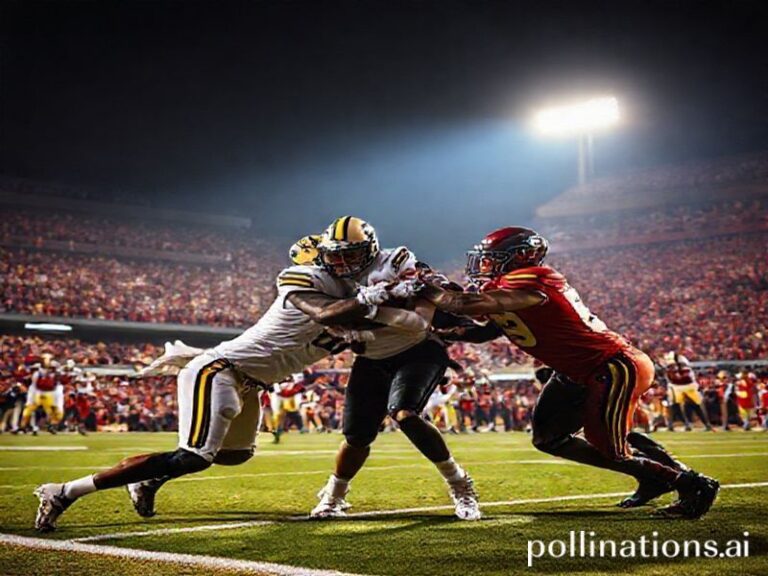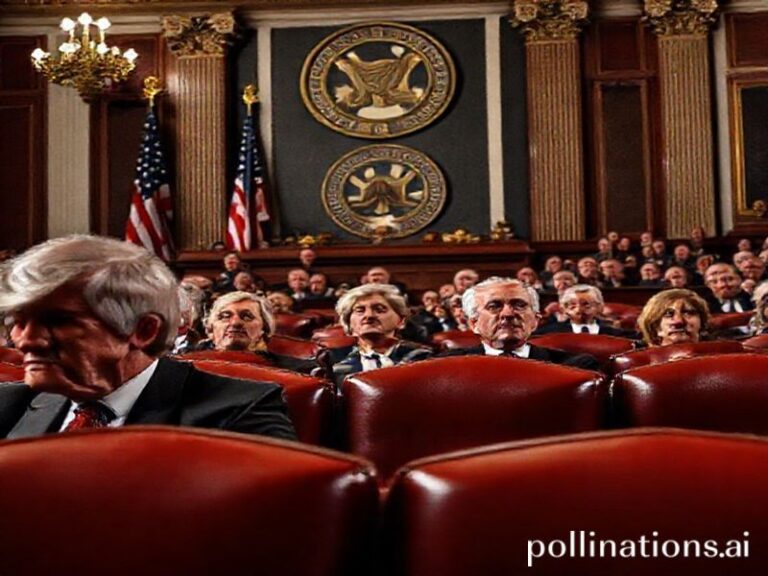Toluca vs Puebla: The Mexican Soccer Rivalry Explaining Global Inflation, Emigration & Human Absurdity
Toluca vs Puebla: When Two Mexican Towns Turn a Soccer Rivalry into a Global Parable of Inflation, Emigration, and Existential Despair
By the time the whistle blew last Saturday night, Estadio Nemesio Diez looked less like a football ground and more like a Hieronymus Bosch painting sponsored by Coca-Cola. Smoke from illicit flares mingled with the volcanic mist rolling down from the Nevado de Toluca, while 27,000 souls screamed themselves hoarse over a match that, viewed from any satellite circling 500 miles above Earth, was simply 22 men chasing a sphere of polyurethane. From that height, the geopolitical implications were clearer than the scoreboard: Toluca 2 – Puebla 1, and the universe, as usual, indifferent.
To the uninitiated, this Liga MX fixture is just another Saturday in Mexico’s endless telenovela of sport. But zoom out and you’ll see an allegory worthy of Kafka—if Kafka had been forced to watch peak-capitalist soccer in a mining basin where the air itself tastes like a defaulted loan. Toluca, once the industrial crown jewel of the Estado de México, now exports car parts by day and TikTok nurses by night. Puebla, meanwhile, has pivoted from colonial baroque splendor to a maquiladora parking lot where Volkswagen dreams go to die. Between them, they’ve shipped roughly half a million citizens to the United States—call it the 4-4-2 formation of economic survival.
The game itself was a masterclass in late-stage absurdity. Puebla’s Argentine striker scored a goal so offside it violated several NAFTA clauses; Toluca’s winning tally came courtesy of a deflection off the referee’s bald spot—poetic justice for anyone who believes fate has a sense of humor darker than Oaxacan mole. VAR, that digital deity imported from Europe like a questionable IMF loan, spent three minutes reviewing the play, only to confirm that yes, life is unfair, and yes, your ticket price just rose 18 percent to keep pace with the peso’s swan dive.
For the international observer, the match offered a crash course in modern Mexican contradictions. The stands were dotted with Kansas City Chiefs caps—because nothing says “local identity” like NFL merch stitched in Bangladesh. Streaming numbers spiked in Madrid and Montreal, diaspora viewers clinging to a pixelated reminder of the homeland they fled, the same way a castaway clings to driftwood that may once have been his own front door. Meanwhile, crypto-bros in Dubai placed micro-bets on the number of yellow cards, because if you’re going to gamble on societal collapse, you might as well use unregulated tokens named after dogs.
The broader significance? Picture the global economy as a very slow, very drunk goalkeeper. Toluca and Puebla are merely the latest shots on target. Inflation gnaws at match-day churros like a biblical plague—up 32 percent since last season, according to a hawker who doubles as an informal commodities trader. Remittances sent home by absentee fans now exceed the combined payrolls of both clubs, proving once again that the real MVPs are the migrants washing dishes in Queens, not the wingers flopping theatrically in the 83rd minute.
And yet, for 90 minutes plus stoppage time, despair was postponed. Teenagers painted their faces in Aztec glyphs that would make their ancestors weep or sue for copyright infringement. Grandfathers clutched rosaries next to OnlyFans creators live-streaming cleavage for tips. The stadium DJ dropped Bad Bunny between goal-kicks, because nothing accompanies existential dread like reggaeton at 120 decibels.
When the final whistle confirmed Toluca’s victory, the crowd spilled into streets lined with payday-loan shops and funeral parlors—two growth industries thriving in synchronized misery. Somewhere in the distance, a mariachi band played “Cielito Lindo” in a minor key, just to keep the cosmic joke running. And somewhere further still, a Wall Street analyst updated a spreadsheet: “Emerging-market sentiment: cautiously optimistic, pending next week’s Clásico.”
Because if the world is ending, we might as well keep score.







